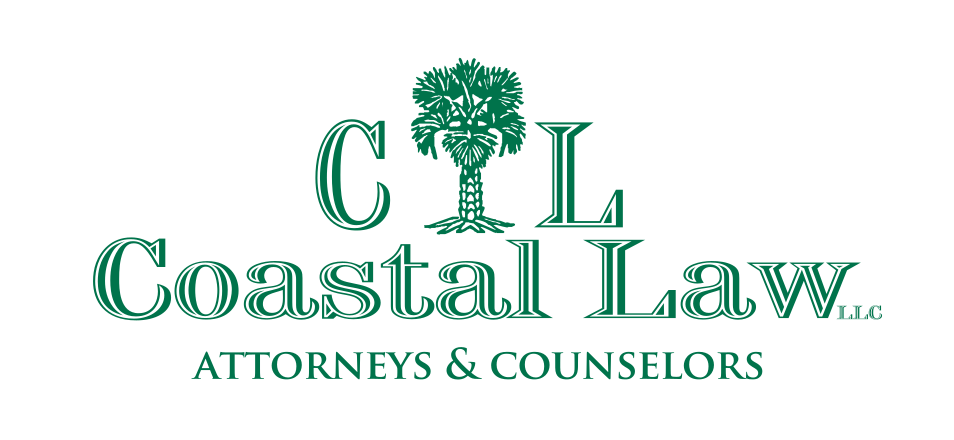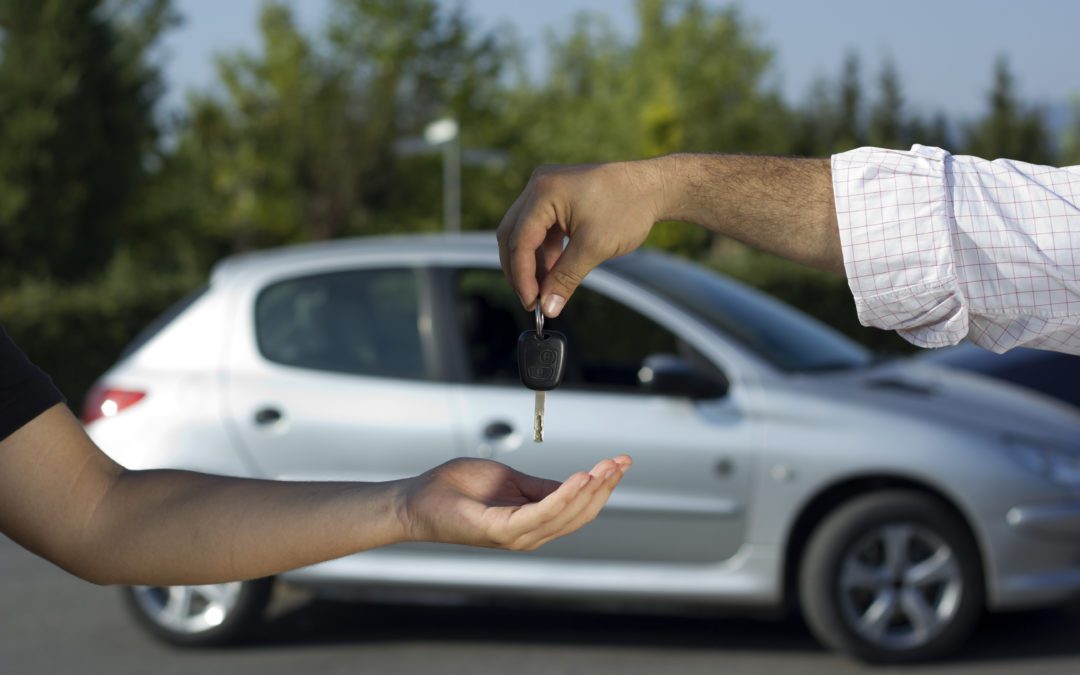You research dozens of vehicles, pick out the one you want, change your mind, choose another, jump through hoops to get a loan, take care of your insurance.
But, finally, you drive it off the lot, and it is so worth it! You’ve got a new ride! It looks good, and it’s dependable.
Until it’s not. If buying a car is stressful, realizing you’ve bought a lemon is downright maddening.
Fortunately, South Carolina has a lemon law meant to protect you from getting stuck with a brand new, useless vehicle.
South Carolina’s lemon law applies only to new cars, but don’t worry – if you buy a used car that turns out to be a lemon, there are both state and federal laws designed to protect you.
What Is A “New” Car Under SC’s Lemon Law?
Because South Carolina’s lemon law applies only to new cars, it’s important to understand what “new” means. Under the law, a car qualifies as new when:
- The dealer bought the vehicle directly from the manufacturer;
- The vehicle was driven only during test drives; and
- The vehicle’s title has never been issued.
If you buy a new car and you just don’t like it, that doesn’t mean it’s a lemon. A new vehicle may be covered under SC’s lemon law if:
- The defect was discovered within one year or 12,000 miles of the sale;
- The defect causes problems with the vehicle’s use, market value or safety; and
- The defect is not repaired by the manufacturer within a reasonable time.
What Do I Do If I Think I’ve Bought A New Lemon?
When you discover the problem with your car, you need to let the manufacturer know before the express warranty expires. Telling the dealer about it is not enough – you should notify the manufacturer in writing.
The manufacturer is then required by law to try to fix the vehicle in a reasonable time at no cost to you.
What is a reasonable time? Well, if your car is in the shop for more than 30 days and it’s still not fixed, the law says that’s not reasonable. If repair attempts are made three times and still the problem isn’t fixed, that’s not reasonable, either.
What if the Car is not Fixed Within a Reasonable Time?
If the vehicle cannot be repaired within a reasonable time, the manufacturer has two choices: Replace your vehicle or refund the money. Any refund would be for the full purchase price of the vehicle, which includes any taxes or registration fees and any finance charges the buyer has already paid.
The lemon law requires you to take part in any arbitration process the manufacturer uses, at no cost to you. Any decisions made during this mediation, called an informal dispute settlement procedure, are binding on the manufacturer, but they are not binding on you.
The settlement procedure may solve the problem – the car buyer walks away with either a replacement new car or a full refund they can use to buy another vehicle. On the other hand, if you are not happy with the arbitration outcome, then you can file a lawsuit.
What If I Buy A Used Lemon in SC?
There is no lemon law in SC that covers used cars, but that doesn’t mean there is no recourse if you buy a used lemon. State and federal laws that offer protections for used-car buyers include:
- The SC Unfair Trade Practices Act (SCUTPA);
- The federal Magnuson-Moss Warranty Act; and
- The federal Truth in Lending Act.
What kind of protection do they provide and what can you do if you buy a used lemon in SC?
State Protections for Used Car Buyers in SC
SC law requires car dealers to honor the terms of warranties – and it establishes that all automobile sales include an implied warranty unless the dealer sold it “as-is.”
But, even if you bought a car “as-is,” that doesn’t necessarily mean you are out of luck.
Under SC law, you can file a lawsuit against a dealer who sells you a used lemon. Under the SC Unfair Trade Practices Act (SCUTPA), if the court finds that the unfair or deceptive methods that the dealer used were willful or knowing, you can recover 3x your actual damages and your legal fees.
How do I Make a Claim under the SCUTPA?
To win your claim under the SC Unfair Trade Practices Act (SCUTPA), you must prove that:
- The defendant engaged in an unlawful trade practice;
- You suffered damages as a result; and
- The defendant’s unlawful trade practice had a negative effect on the public interest.
What are Unfair Trade Practices in South Carolina?
So, what are “unfair trade practices?” Here are some examples:
- Inaccurate representation of a product or service;
- False offers of gifts or prizes;
- Failure to comply with manufacturing standards;
- False advertising;
- Deceptive or deliberately confusing pricing;
- Misrepresenting a used car’s history; and
- Padding repair bills.
Federal Protections for Used Car Buyers
The Federal Trade Commission (FTC) requires anyone who sells a used car to provide the buyer with a buyer’s guide that includes the vehicle’s warranty information.
The FTC requires that the guide be attached to the vehicle and include the terms of the warranty and list any maintenance or mechanical problems. If the seller fails to do this and the car is defective, you may be able to return it.
The Magnuson-Moss Warranty Act
It is possible to file a lawsuit under the federal Magnuson-Moss Warranty Act, which allows consumers to seek a remedy when there is a breach of warranty. However, a federal lawsuit can be filed under the act only when the disputed amount is $50,000 or more.
The Truth in Lending Act
If you finance your used-car purchase, the federal Truth in Lending Act requires sellers to provide a disclosure detailing all the terms of the loan. If the seller fails to do this, or if they do not provide you with a copy to review before the purchase, you can take legal action.
This may not help you if the car itself has problems, but it can offer protection if the seller wasn’t transparent or honest about the terms of the sale.
How Much is a Lemon Law Attorney Going to Cost?
Some people worry that the attorney’s fees will eat up whatever gains they could make, so why bother filing a lawsuit? It’s important to remember that this process is designed to help you, the buyer, not attorneys.
If we file suit to force the carmaker to remedy the situation, we will ask the court to order them to pay your courts costs and your attorney fees. We will also ask the court to order the manufacturer to pay all expenses that you had to deal with because of the vehicle’s defects, and, in some cases, we can seek 3x the amount of compensatory damages in the lawsuit.
SC Lemon Lawyers in Myrtle Beach, Conway, Columbia, and Charleston
If you thought you were buying a new car but you ended up with a lemon, the manufacturer owes you a new car or a full refund.
If you’ve been cheated or taken advantage of by a used car dealer, don’t write it off as experience – make them pay, because, if you don’t, they will continue the same unfair trade practices that resulted in your loss and more people will be taken advantage of.
If they are giving you the run-around, don’t spin your wheels – call your personal injury attorneys at Coastal Law today at (843) 488-5000 or send us a message online to find out how we can help.


